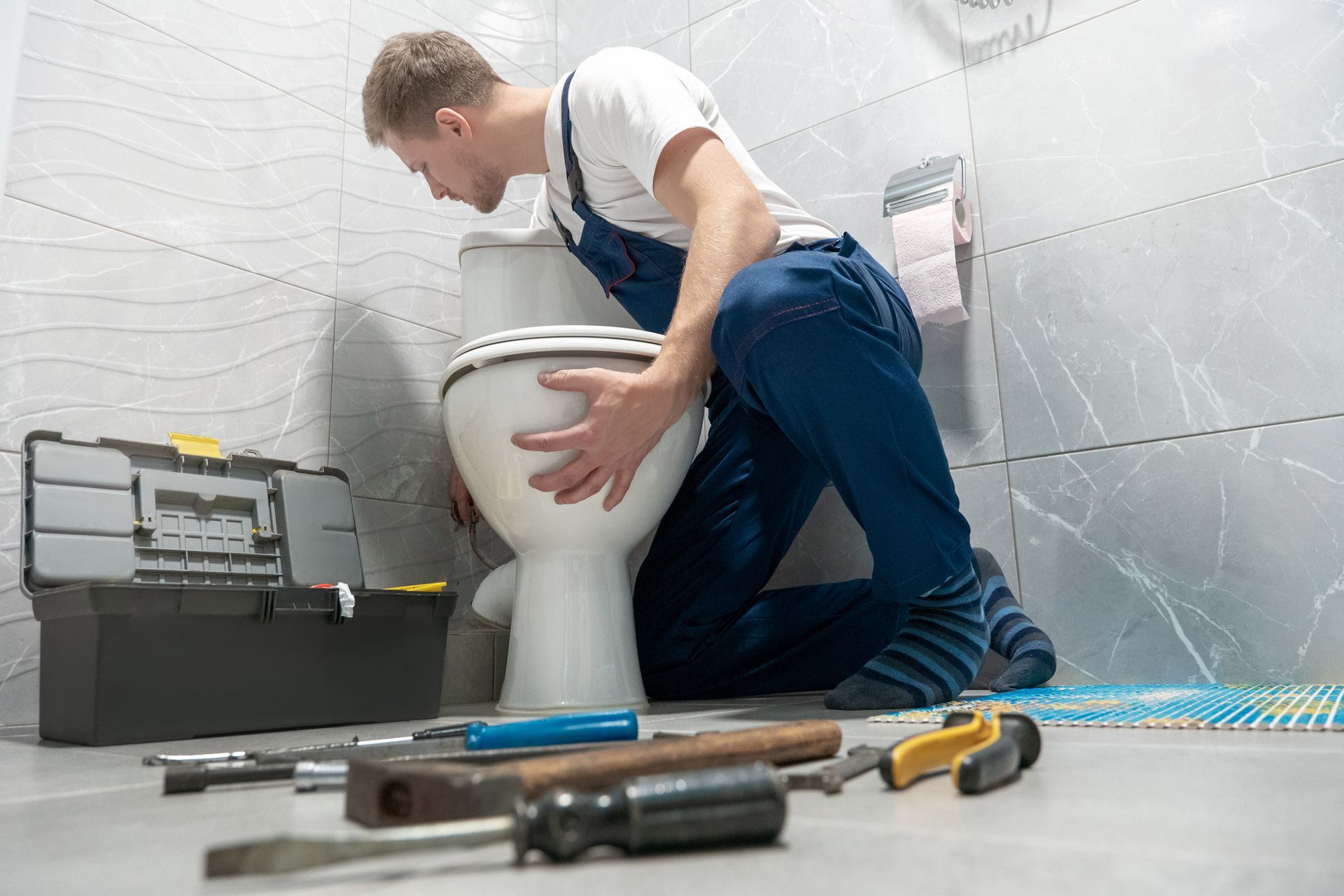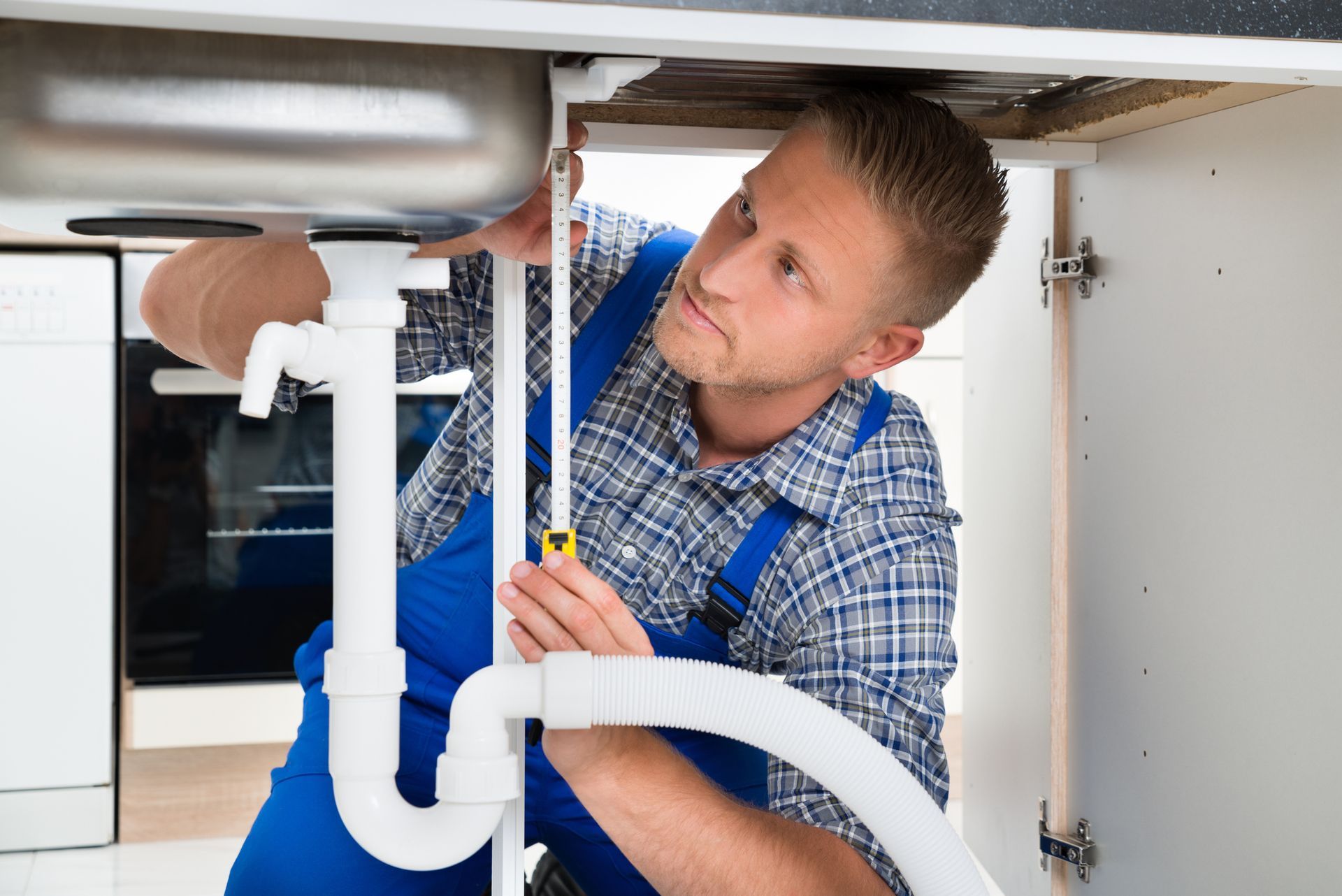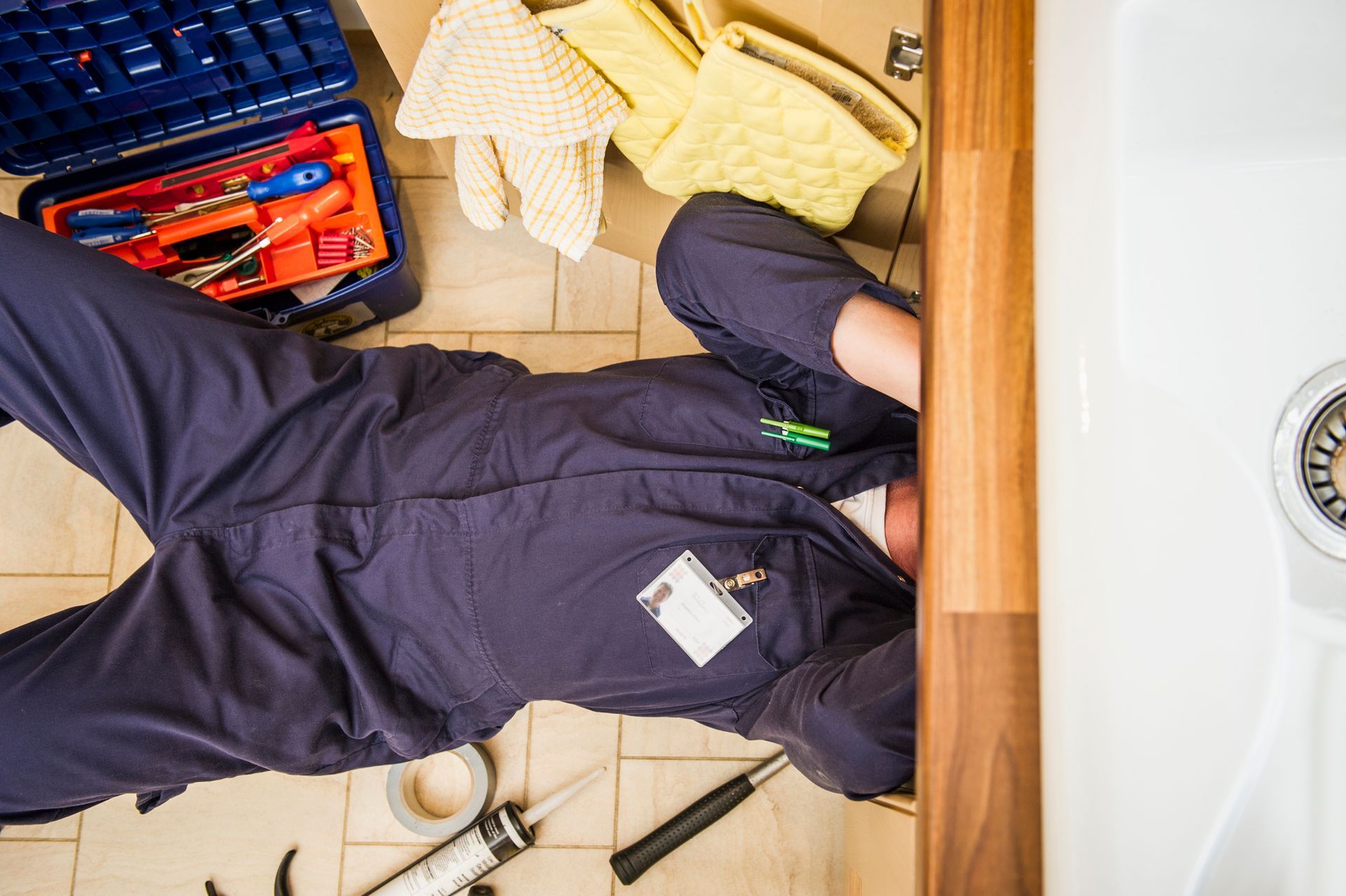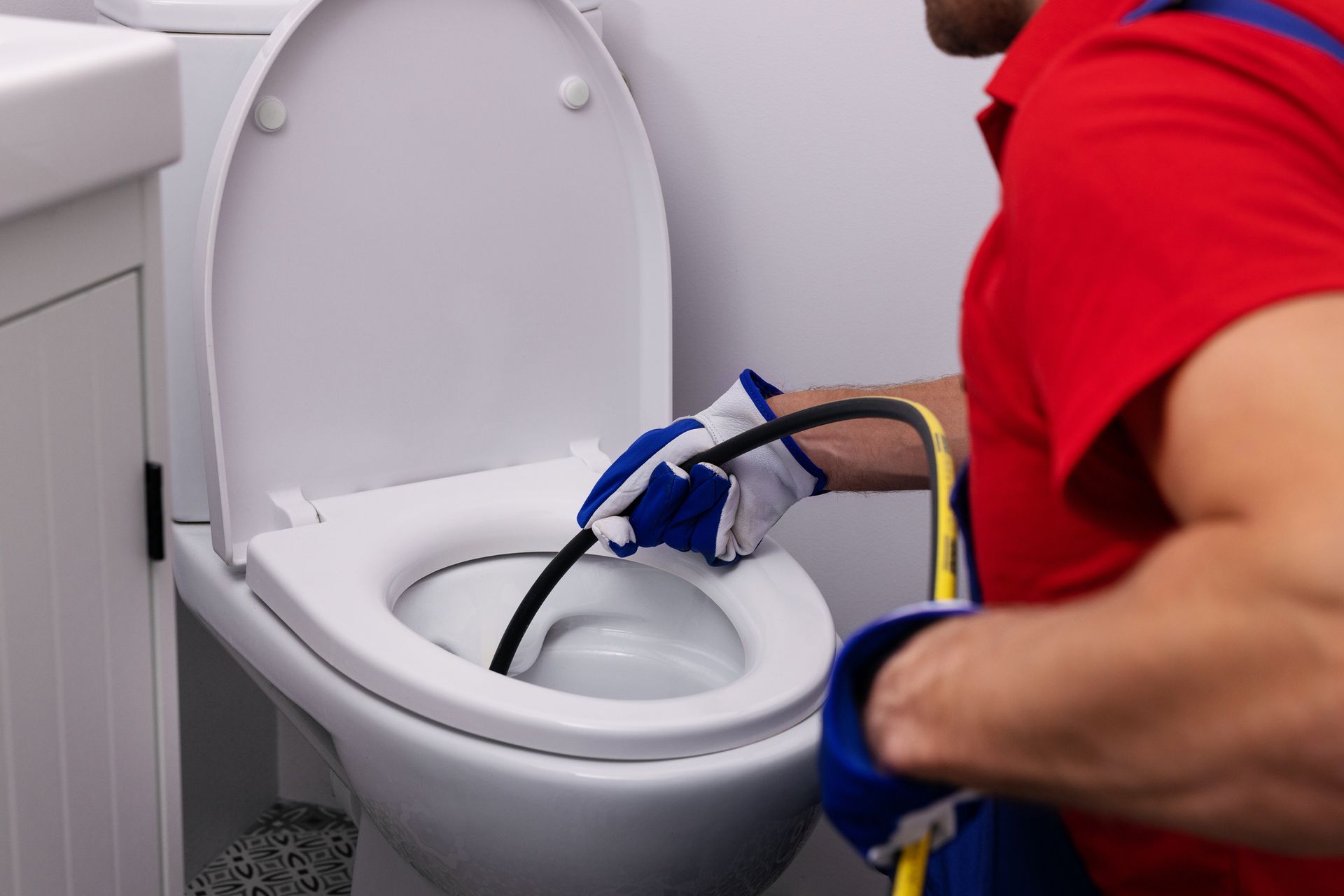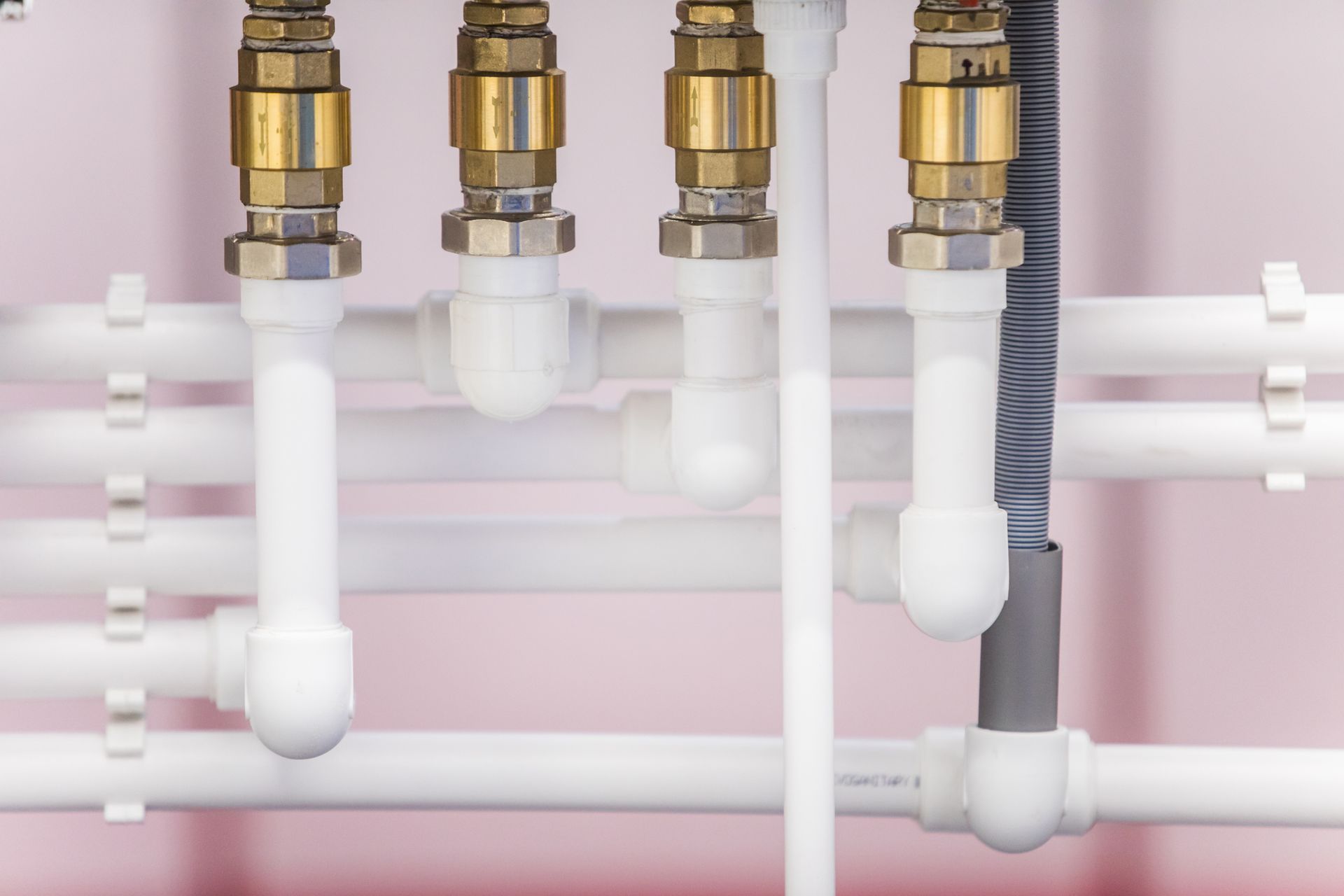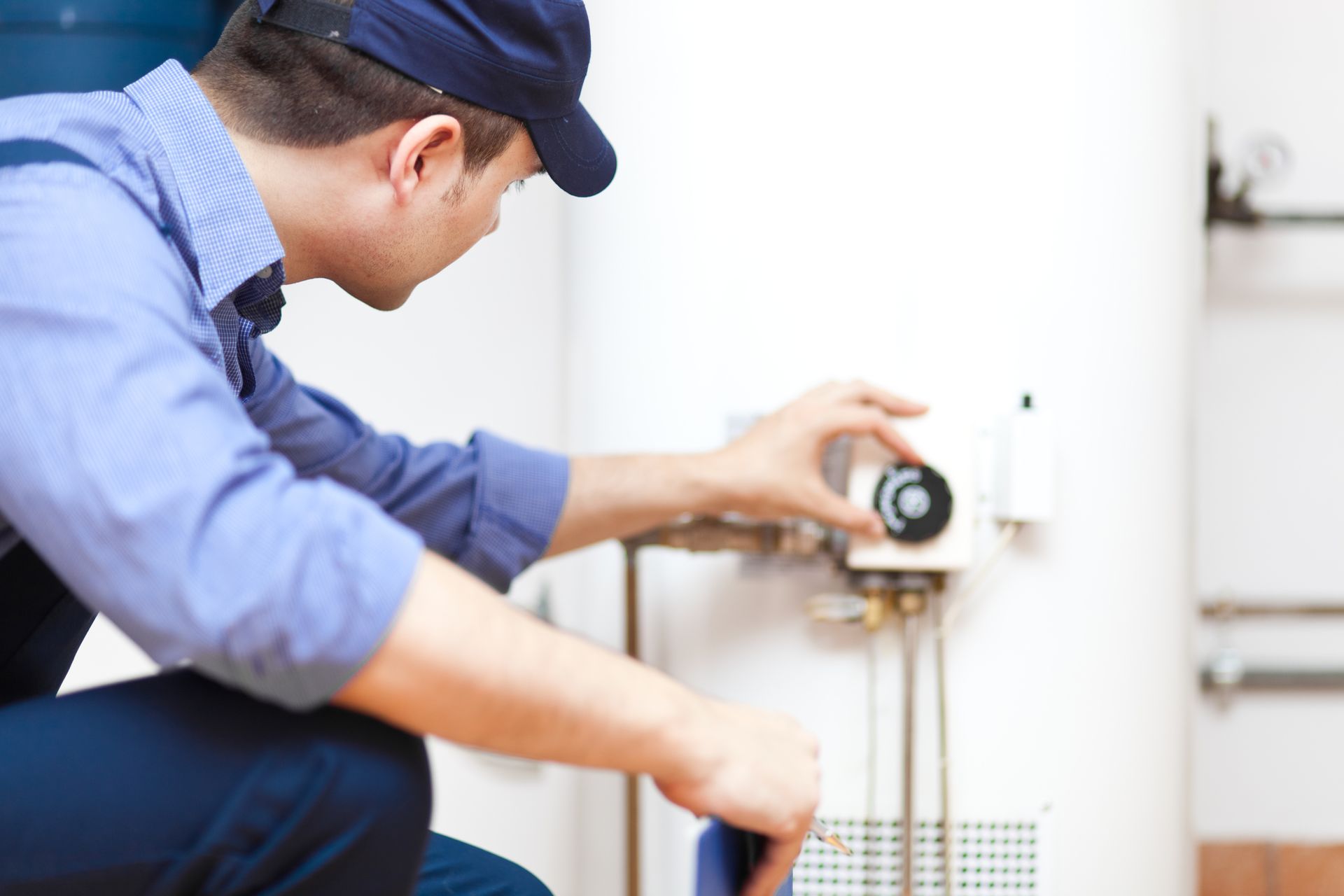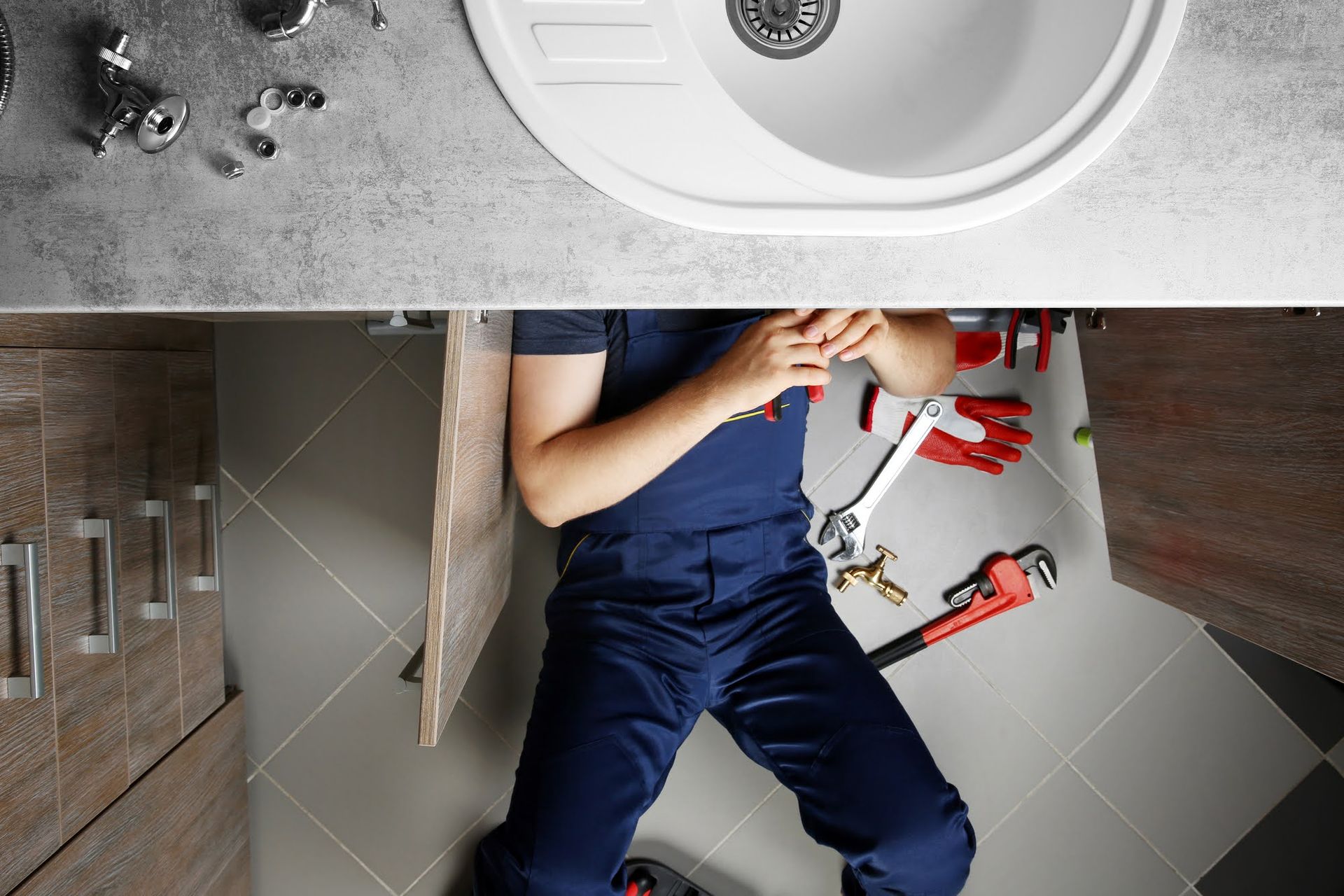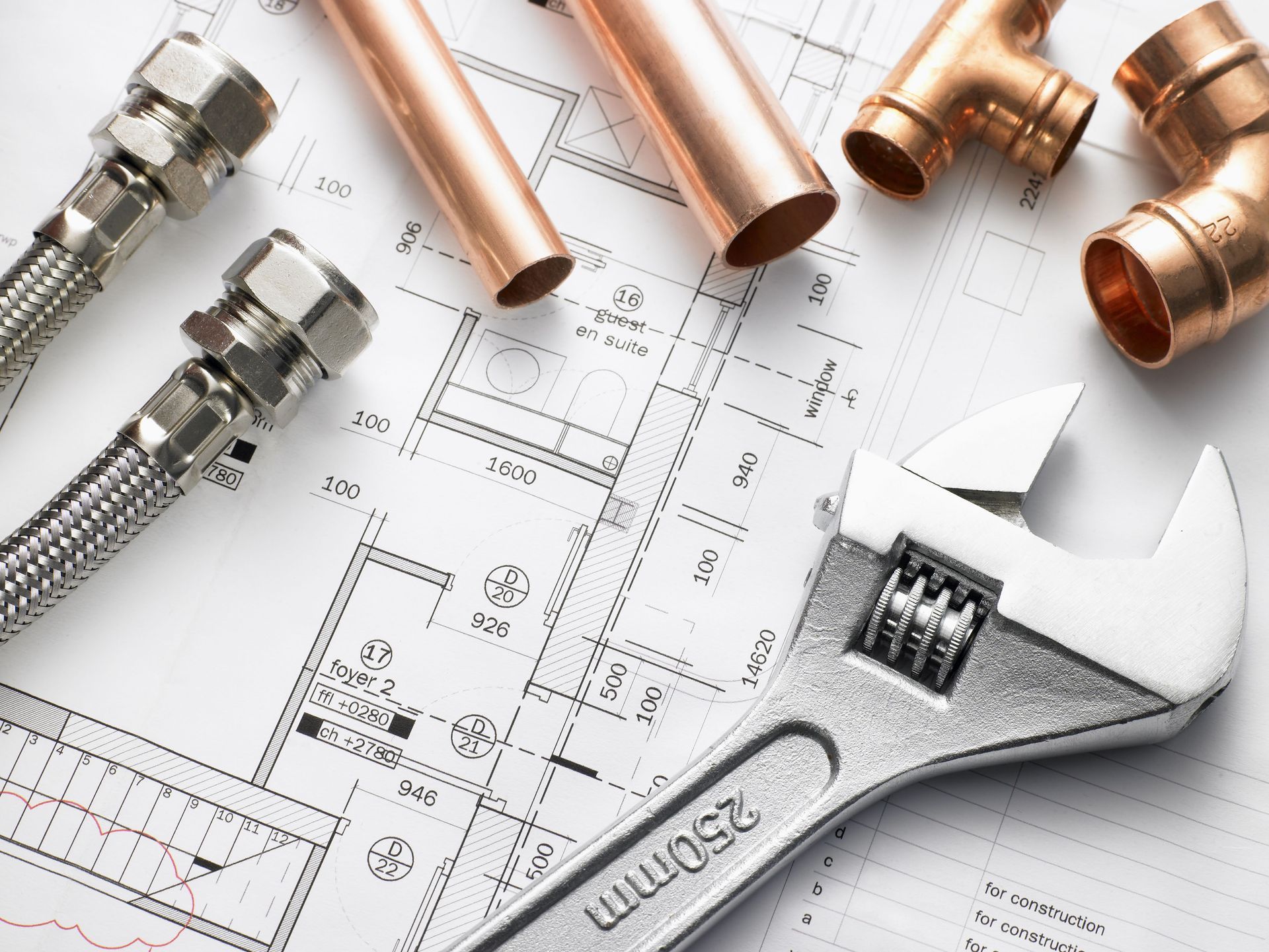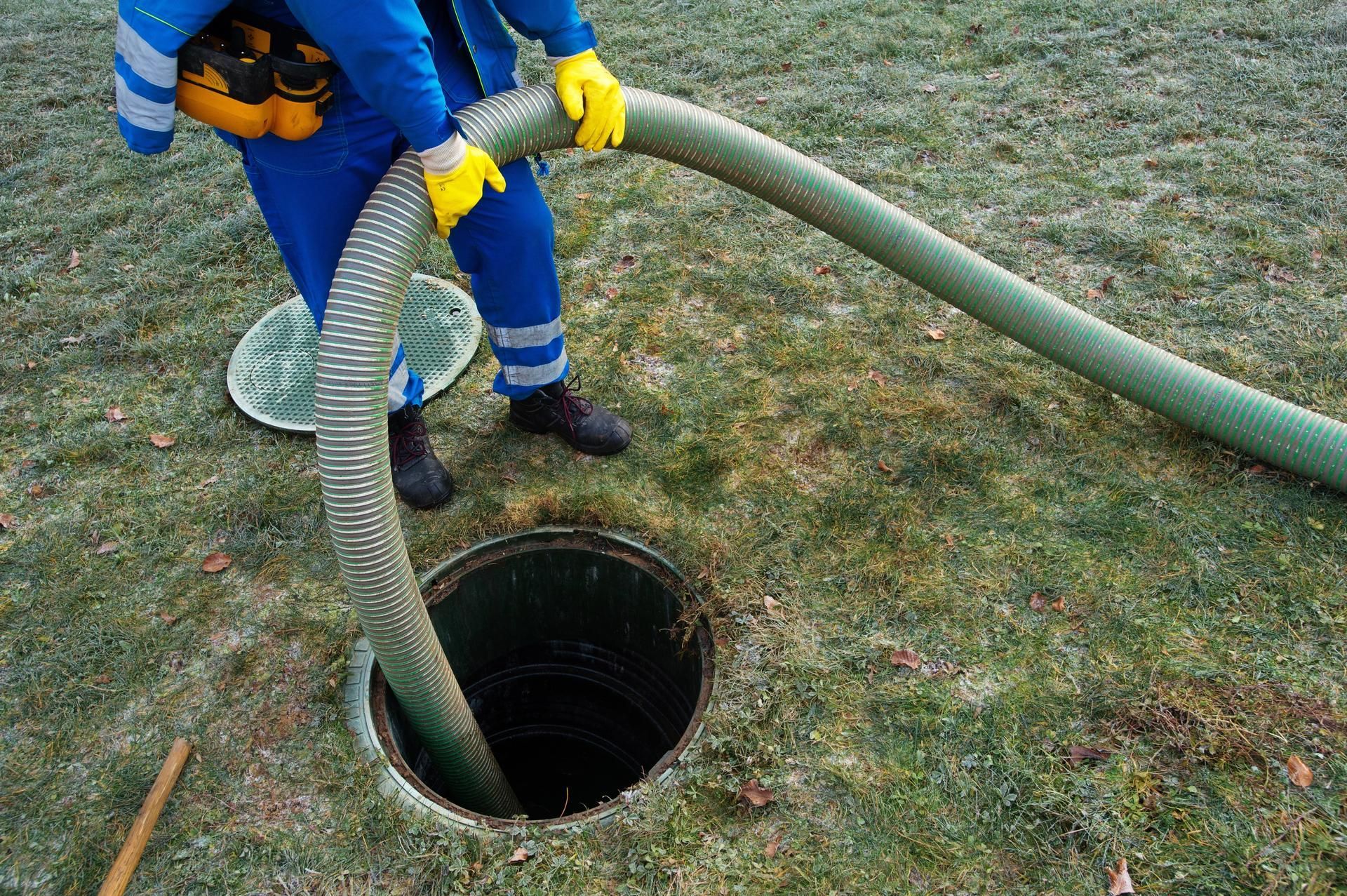Why Should You Choose A Conventional Water Heater?
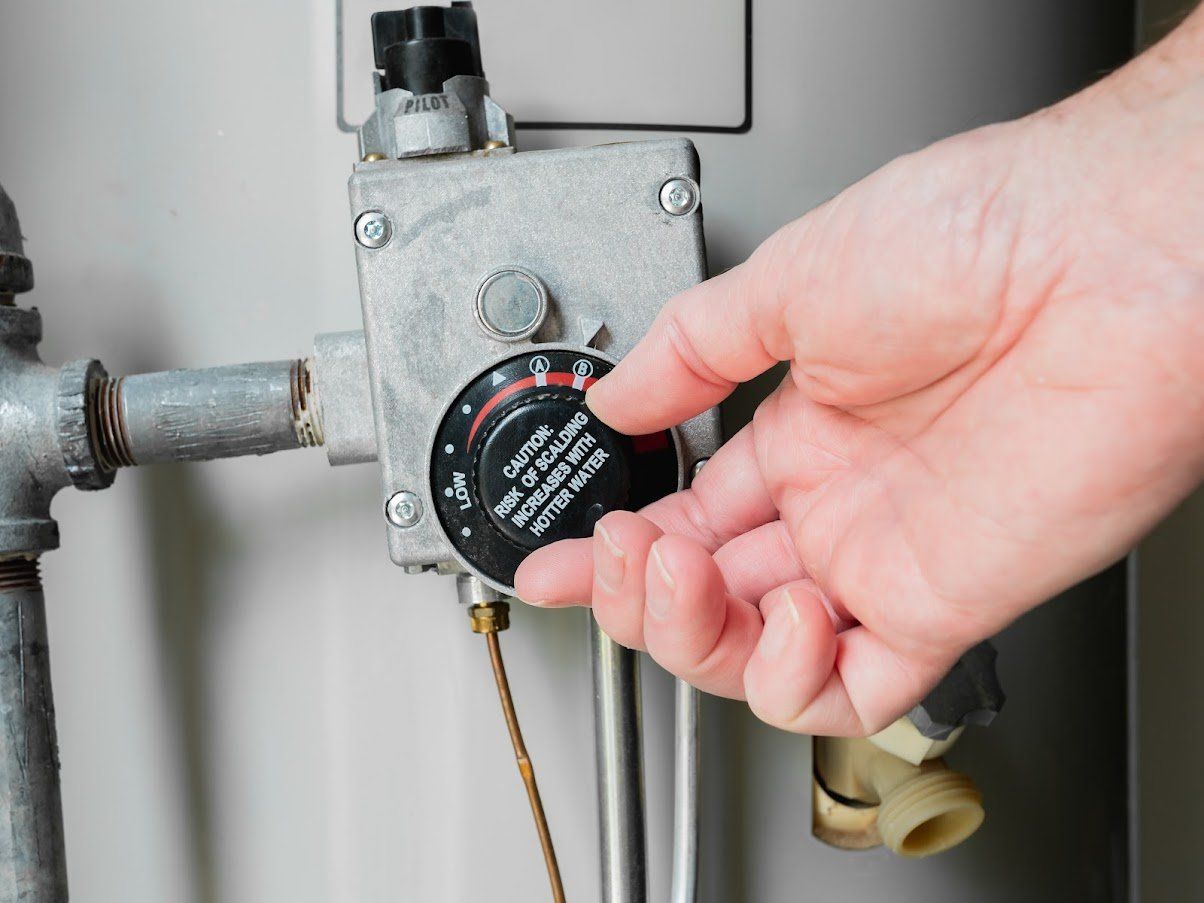
Is a conventional storage tank-type water heater the right choice for your home? You need a new water heater—and you're not sure whether you should invest in a tank-type or tankless model. Before you buy or install a new appliance, take a look at the top reasons to choose a conventional water heater.
You Already Have a Storage Tank Water Heater
Your existing appliance is old, worn, leaks, or just won't warm your home's water. Constant repairs over time may add up to high-priced plumbing bills. If you've tried temporary fixes and still have cold water, it's time for a replacement.
While you do have options, you don't have to make a change right now. The tank-style water heater in your home has worked for years—and you already have the right fuel source (such as natural gas, propane, or oil) hook-ups installed in your home. This means it's not likely that you will need to pay extra for electrical or other fuel line upgrades.
You Want a Long-Lasting Water Heater
Both tank and tankless types of water heaters can have a decade-long lifespan. But the conventional style may last slightly longer than a tankless model. According to the International Association of Certified Home Inspectors (InterNACHI), conventional water heaters have an average lifespan of six to twelve years and on-demand water heaters average ten years.
The specific number of years you get from a water heater (conventional or tankless/on-demand) depends on a few factors. These include the quality of the water heater, the amount of use, and maintenance. Households that use more hot water (or use hot water more often) may not get as many years of use from the appliance as those that use lesser quantities.
You Don't Use Hot Water Constantly
Not only will the amount of hot water you use impact the lifespan of your water heater, but it can also guide your appliance option choice. Conventional water heaters hold heated water inside of a tank reservoir. Every time you use the hot water, the reservoir releases some of what is already heated and stored. According to the U.S. Department of Energy, most storage tanks hold enough water for everyday use.
If you have a larger household, entertain or have guests often, shower multiple times a day, use the hot cycle on your washing machine often, or have any other high-hot water needs, you may want to explore a tankless, on-demand model. An on-demand water heater is exactly what the name implies—it heats water on demand (or when you need to use it). This means you won't run out of hot water. But if you consider your household hot water use average or low, you don't need the on-demand feature.
You Have a Lower or Tighter Water Heater Budget
Water heaters are available at a variety of price points. Overall, the initial investment in a conventional water heater is typically lower than what you would spend for a tankless, on-demand model. Along with the price of the appliance itself, you may spend less on the installation—especially if you already have a storage tank-type water heater and the correct water, natural gas, or other field source hook-ups.
Before you decide which type of water heater you want to buy, talk to a professional. A plumber can review your options, provide you with prices for the water heaters, and write an estimate for the installation costs. The plumber can also help you to understand how much each model will cost to use and what you should expect from the appliance's energy efficiency.
Are you ready to replace your home's water heater? Do you need to learn more about your options? Contact Michigan Plumbing for more information on conventional and tankless water heaters.

